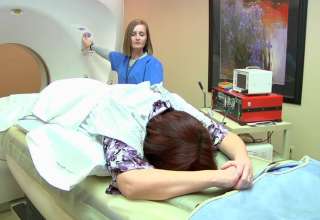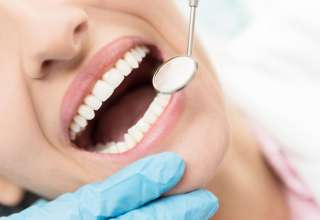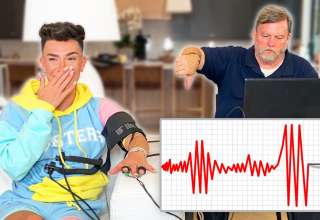
Hypospadias is a condition that affects the height of a child’s foreskin. It can be mild, moderate, or severe, and can lead to difficulties with toilet training and urination. It can also result in difficulty achieving a normal erection. If you notice any of these symptoms, you should see a doctor. In some cases, hypospadias can even lead to infertility. Your child’s family doctor can refer you to a pediatric urologist for evaluation.
Some forms of hypospadias can be corrected through surgery, although some may require more than one procedure. A surgical repair will straighten the shaft of the penis and reposition the urethra. This procedure is usually performed between six and twelve months of age, and it can be done in a single day.
While the exact cause of hypospadias is not known, many factors may contribute to the disorder. For example, exposure to certain substances during pregnancy may increase a child’s risk. Also, low birth weight or premature birth can cause the condition. Sometimes, it may happen without any identifiable cause. The penis of a child with hypospadias is curved downward and hooded, which causes it to look like a hood. Children with low birth weight or mothers who used fertility treatments may be at greater risk for this condition.
While doctors aren’t sure what causes hypospadias in children, it’s likely that the condition runs in families. In addition, kids with genetic conditions are more likely to develop the condition than other kids. If you suspect your child has hypospadias, the best thing to do is see a pediatrician as soon as possible. In severe cases, surgery may be required to straighten the penis.
Surgical treatment
Children can undergo surgery for hypospadias to repair the condition. The surgery usually lasts between one and two hours and is performed under general anesthesia. In most cases, the surgeon will repair the condition in a single stage, although more severe cases may require two stages. Most children are discharged the same day, though some will need to spend the night in the hospital. Parents will be given instructions on how to care for the child during the recovery process.
Children with hypospadias may also have ambiguous genitalia. Although this condition is rarely a serious problem, it can result in difficulty with erections later in life. About 15 percent of boys with hypospadias have a downward-curving penis, which may cause difficulty during sexual intercourse later in life.
Surgical treatment for hypospadias is the only known treatment for this anatomical condition. Typically, children with hypospadias will require only one operation, though several operations may be necessary. Surgical repair is a major undertaking that can result in complications.
The CDC studies birth defects and ways to prevent them. The CDC reports that hypospadias affects approximately one in 200 babies in the United States. Although the exact cause of hypospadias is unknown, it is believed to result from a combination of environmental and genetic factors. The mother’s diet and the use of certain medications during pregnancy may also contribute to the development of hypospadias.
Psychological impact
Psychological impact of hypospadias is an important topic for physicians to address when assessing a child’s condition. Children with hypospadias are often affected by a range of mental illnesses and psychological difficulties, and these conditions should be carefully evaluated at an early age. Early intervention and proper psychiatric care may help boys with hypospadias grow into healthier men with less mental distress.
Psychological impact of hypospadias may include a range of effects on the child’s social development. Children with hypospadias are often more reserved and shy than their healthy counterparts. They may experience parental overprotection and feelings of shame. Children with hypospadias often experience problems with undressing in public and may struggle to get over their embarrassment.
If left untreated, the condition can lead to other problems and psychological complications. Surgical correction is a common solution for children with hypospadias, but it is difficult to perform such a procedure at an early age. As a result, many children with this condition do not have it corrected, leading to a variety of physical, social, and psychological problems.
A study conducted in the 1980s found that children with hypospadias were less socially competent and had less self-esteem than children without the condition. This study was repeated with a larger sample of children with hypospadias and a control group of matched age and place of school attendance. This study also found that children with hypospadias had fewer social skills and fewer externalized problems, and that they were less likely to achieve success in school.
















